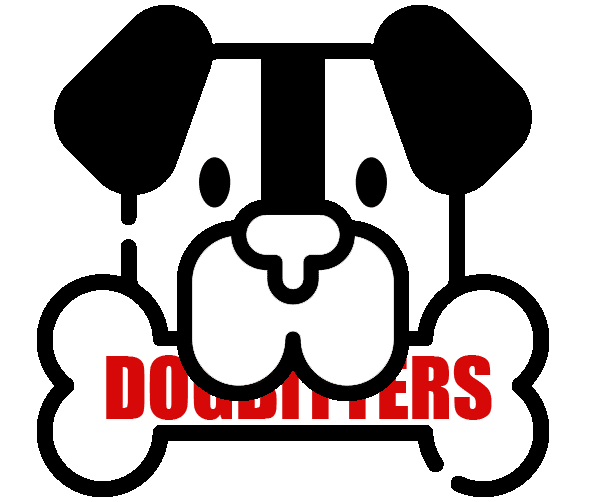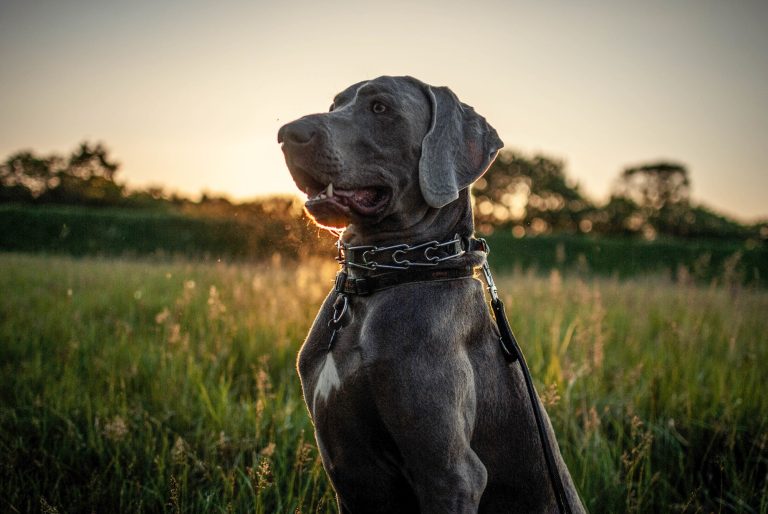Large dogs diet adapted to the specific needs of these breeds is crucial to maintaining their health and vitality.
Large dogs such as Dogo Argentino, Rottweiler or Newfoundland are wonderful and loyal companions, but in order to enjoy a long and healthy life, it is crucial to provide them with a proper diet. In this guide, we’ll explore the essentials of the ideal diet for large dogs, providing practical advice and useful information for loving owners.
CONTENT:
- Why is a balanced diet of large dogs so important for them?
- What should not be missing from large dogs diet?
- How much should a large dog eat a day?
- Tips for a large dog owner regarding their diet
Why is a balanced diet of large dogs so important for them?
A balanced diet for large dogs is essential to ensure optimal health and a long, happy life. There are several important reasons why a properly balanced diet is crucial for these breeds:
- Healthy Growth and Development: Large dogs tend to grow more slowly compared to smaller breeds. A balanced diet provides the nutrients necessary for their development, helping to build bones, muscles and other tissues in a healthy and controlled way. This helps to avoid problems related to excessive or irregular growth.
- Joint Health: Large dogs are prone to joint problems such as hip dysplasia and osteoarthritis. A diet rich in nutrients such as glucosamine and chondroitin can help maintain joint health and prevent painful conditions.
- Weight Control: Large dogs are more susceptible to weight problems. A balanced diet and strict portion control help them maintain a healthy weight. Excess weight can worsen joint problems and increase the risk of diseases such as canine diabetes.
- Immune System Support: Essential nutrients such as vitamins and minerals play a crucial role in supporting your dog’s immune system. A balanced diet provides these nutrients in adequate amounts, contributing to resistance against disease and infection.
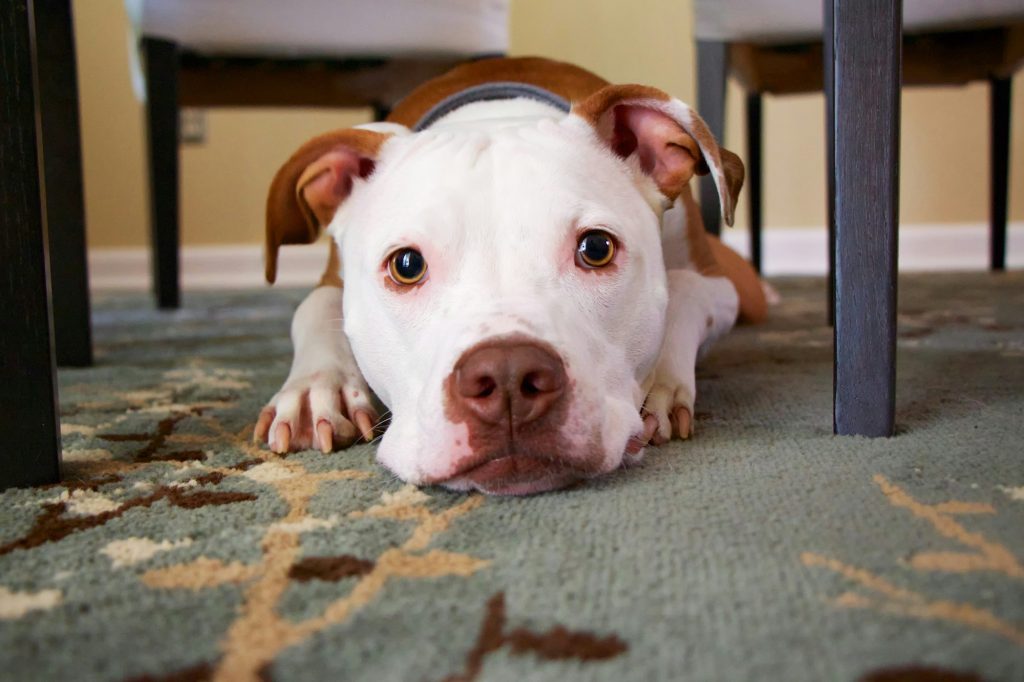
What should not be missing from large dogs diet?
The diet of large dogs should be balanced and provide the essential nutrients to support their overall health, proper growth and prevent breed-specific problems. Here are some key elements that should not be missing from the diet of large dogs:
- Quality Protein: Protein is essential for supporting muscles, the immune system and a healthy skin and coat. Chicken, beef, fish and other quality protein sources should be included in your daily diet.
- Healthy fats: Essential fatty acids, such as omega-3 and omega-6, are beneficial for healthy skin, coat, and brain and circulatory system function. Fish oils or vegetable oils are good sources of healthy fats.
- Balanced Carbohydrates: Carbohydrates provide energy and an adequate source of carbohydrates should be part of the daily diet. Brown rice, sweet potatoes, and vegetables are good options.
- Vitamins and Minerals: The diet should provide a full range of vitamins and minerals to support overall health. Diversity in food sources can help provide a broad spectrum of nutrients.
- Fiber: Dietary fiber, from vegetables and whole grains, helps maintain a healthy digestive system and can help control weight.
- Adequate hydration: Make sure the dog always has access to fresh water. Adequate hydration is crucial for overall health and can help prevent kidney problems.
- Specialized food for large breeds: There are specially formulated foods for large dogs that take into account the specific needs of these breeds, such as joint problems and the risk of obesity.
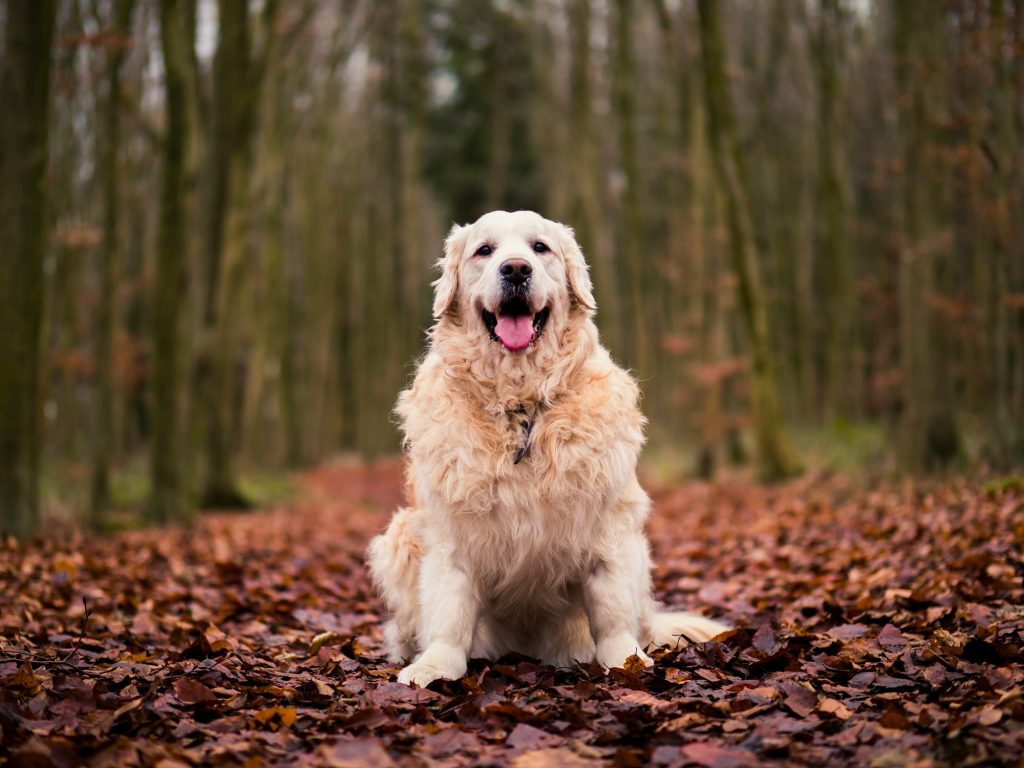
How much should a large dog eat a day?
The amount of food a large dog should eat daily can vary depending on several factors, including age, weight, activity level, health, and the type of food they eat.
The exact amount of food for a large dog can vary, but here are some approximate and indicative examples for an adult dog, given a moderate activity level and quality food:
1. High quality dry food
- For a 30-40 kg dog: about 400-600 grams per day, divided into two meals.
- For a 40-55 kg dog: approximately 600-800 grams per day, divided into two meals.
Exact amounts may vary depending on the brand of food and the specific composition.
2. Wet food or natural food
Amounts may vary depending on the specific composition of wet food or natural food. Daily energy intake is usually recommended and can vary between 1.5% and 2.5% of the dog’s body weight.
3. Food specially formulated for large breeds
These foods may have specific recommendations on the packaging. Usually, the daily amount can vary between 400 and 800 grams, divided into two meals. It’s important to adjust these amounts based on your dog’s individual conditions, such as activity level, age and health.
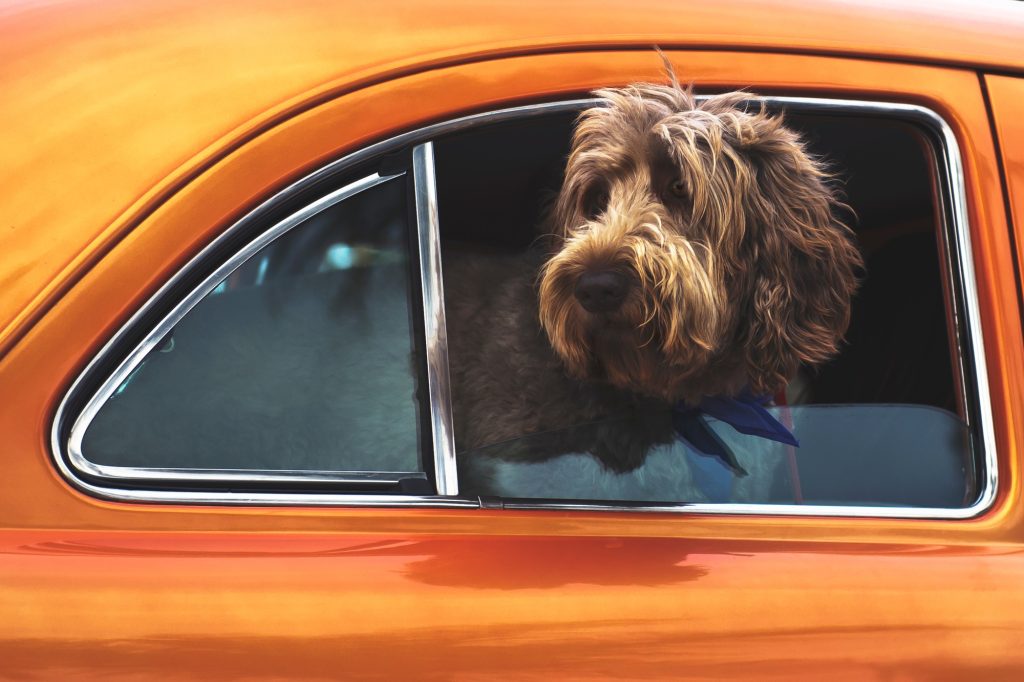
Tips for a large dog owner regarding their diet
As the owner of a large dog, proper grooming and a healthy diet are essential to maintaining their health and happiness. Here are some practical tips on the diet of large dogs:
1. Consult a veterinarian
Before making any significant changes to your dog’s diet, it is important to consult a veterinarian. It can give you personalized recommendations based on your dog’s age, weight, activity level and general health.
2. Choose high-quality food
Pick a high-quality food that provides a balanced range of essential nutrients. Reading food labels helps you better understand what’s in your food and make informed choices.
3. Food appropriate for age and life stage
Large dogs grow more slowly, so make sure the food you choose is appropriate for their age and life stage. There are specially formulated feeds for puppies, adults and seniors.
4. The right amount of food
Keep track of your dog’s weight and adjust the amount of food accordingly. Don’t forget to consider your dog’s activity level. If you notice that your dog is gaining or losing weight significantly, adjust the food portions according to the veterinarian’s recommendations.
5. Proper hydration
Make sure the dog always has access to fresh water. Adequate hydration is essential for overall health and can prevent kidney problems.
6. Avoid junk human food
Many foods in the human diet can be toxic to dogs. Avoid giving them chocolate, onions, garlic, avocados and other dangerous foods. See the full list of toxic foods to make sure your dog only gets safe foods.
7. Monitor for signs of food intolerance
Observe your dog’s behavior and health after introducing a new food. Signs of food intolerance may include diarrhea, vomiting, or skin irritation. If any adverse reaction occurs, consult your veterinarian immediately.
8. Maintaining a healthy body weight
A healthy body weight is crucial for large dogs that are prone to joint problems. Monitor the amount of food and make sure the dog gets enough exercise to maintain an optimal weight.
By following these tips and paying proper attention to your dog’s diet and nutrition, you will help ensure a long, happy and healthy life for your large companion.
